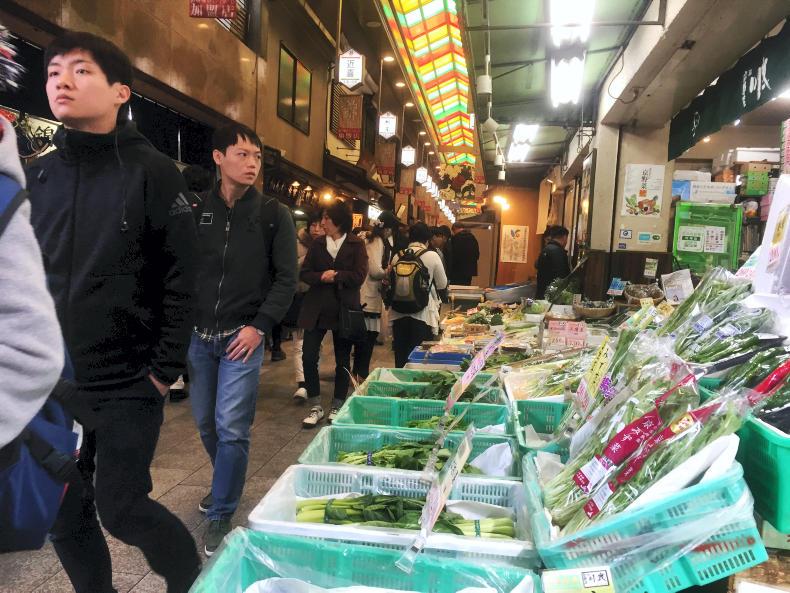The 18th round of negotiations on a proposed free trade agreement between the EU and Japan ended last week, with both sides now keen to clinch a deal as soon as possible.
After four years of talks, negotiators now have the outline of an agreement, but the most sensitive decisions including the volumes of agricultural products allowed into Japan’s lucrative 120m-strong market at low or zero tariffs will need to be rubber-stamped at the highest political level.
Japan’s attention was until recently focused on the Trans-Pacific Partnership (TPP) with the US and other countries in the region, but this is now on the back-burner following its suspension by US president Donald Trump.
This is good news for European talks: the Japanese government is keen to sign new trade deals to export its cars and electronics, and ministry of agriculture officials have received instructions from Prime Minister Shinzo Abe’s office to speed things up on food products.
The TPP has also set a precedent for the acceptability of such agreements within Japan. While the powerful farming co-op body JA Zenchu has concerns about competition from European agricultural products, it is not fully opposed to the deal.
“Farming representatives talk about not exceeding the concessions made in TPP,” its international relations manager Yasuyuki Kobayashi told the Irish Farmers Journal. Farmers in the agricultural heartland of Hokkaido echoed this position. “Generally speaking, it’s a big concern,” said dairy farmer Kenichi Kato. “But of Japan’s 70bn litres, 45bn go to liquid milk, so only 25bn would be exposed to competition, and still much of this goes to fresh cream.” Beef finisher Yahusiro Oono added that he expected European products such as Irish beef to compete with other imports such as Australian beef, while consumers continue to rely on domestic farmers for premium products.
While he worried about the impact of Brexit and upcoming elections in France, former Japanese vice-minister for agriculture Yoshitsugu Minagawa was hopeful that both partners could see a deal as a way of opposing growing protectionism.
“Now is the time for Japan to make a point in support of free trade and we hope the EU will share the same view,” he told the Irish Farmers Journal.
Read more about farming in Japan in the coming weeks.






 This is a subscriber-only article
This is a subscriber-only article













SHARING OPTIONS: